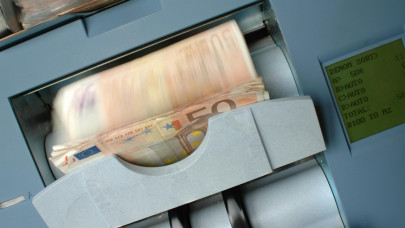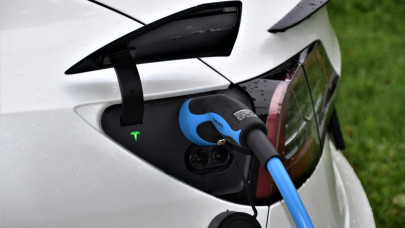"As pioneers in sustainability reporting, we mark our 16th consecutive year of transparency in communicating our non-financial results. At Raiffeisen Bank Romania, we integrate sustainability principles into our business strategy and provide financial solutions that support both profitable economic activity and environmental and social goals. We aim for every step we take with our colleagues, clients, and partners to bring us closer to the vision of a resilient economy capable of meeting future challenges—and together, contribute to building a competitive long-term financial model”, said Zdenek Romanek, President & CEO, Raiffeisen Bank Romania
Over the past two years, Raiffeisen Bank Romania has strengthened its leadership in the field of sustainability by updating its sustainability governance, supported by a comprehensive ESG & sustainability policy and strategy, and by developing a dedicated expert community represented across all business segments.
The goal of the “Responsible Banker” strategic pillar is to foster economic development while considering climate, environmental, and social aspects in financing activities.
In 2024, Raiffeisen Bank set a target to reduce the greenhouse gas emissions intensity of its corporate loan portfolio by 21.6% by 2030, aligning with Raiffeisen Bank International's strategy to limit global warming and achieve climate neutrality by 2050.
Last year, customer portfolio targets were met and exceeded: sustainable financing accounted for 24% of corporate lending, while 39% of new mortgage loans were granted for buildings with energy performance rating A or higher, representing 27% of the total mortgage portfolio. ESG financing by Raiffeisen Leasing Romania (electric vehicles and photovoltaic equipment) represented approximately 11.5% of the total leasing portfolio in 2024.
A promoter of sustainable finance in Romania, Raiffeisen Bank issued its first green bonds in 2021 and first sustainable bonds in 2022, reaching a total value of approximately €1 billion by the end of 2024.
The environmental impact of sustainable bond issuances includes 47,748 tons of CO2 saved annually through the green loan portfolio (green buildings, sustainable transport, and renewable energy), and 56,107 MWh of annual electricity production from photovoltaic solar energy.
The social impact includes the financing of 3,293 SMEs in underdeveloped regions, creating jobs for 55,586 people.
The bank actively promotes customer familiarity and understanding of its financial products and services, offering banking expertise through innovative digital tools such as the Smart Finance interactive solution, designed for both individuals and SMEs. The solution allows clients to create personalized financial simulations based on their objectives, needs, and preferences.
Through such strategic initiatives, the bank has set an ambitious goal: to increase by 400% (compared to 2022) the number of customers using personal financial planning solutions related to pensions, insurance, and investments by 2030, compared to the level recorded at the beginning of 2022.














